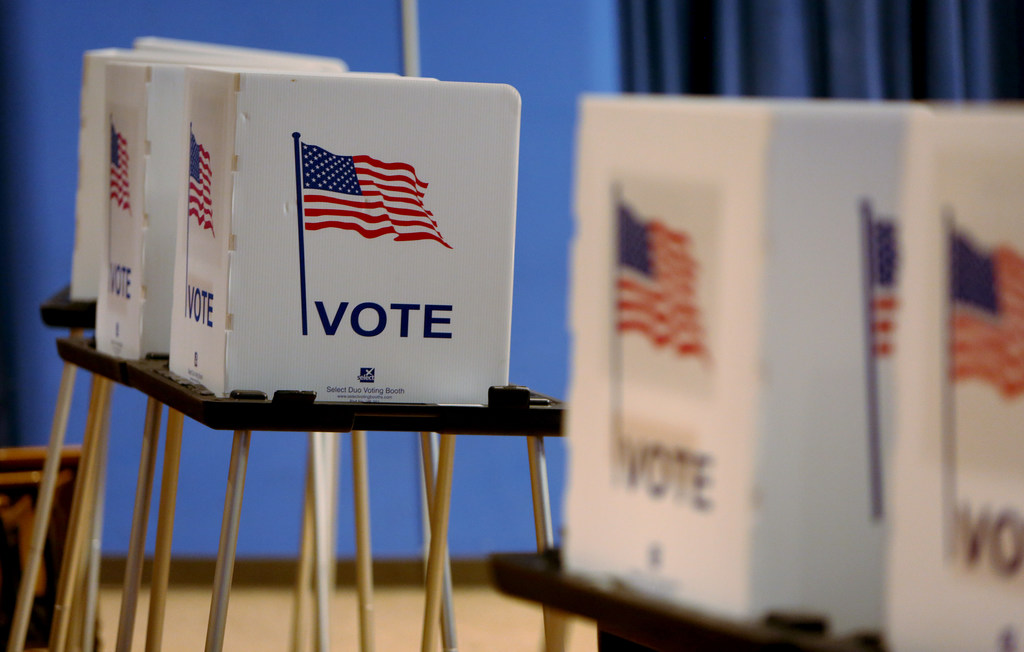Competing redistricting suits are before the courts as the conservative Wisconsin Institute for Law & Liberty asked the state Supreme Court to step in and several nonpartisan groups went to federal court. The actions follow a suit from a half-dozen Dem voters asking a federal court earlier this month to set a deadline for GOP lawmakers and Dem Gov. Tony Evers to pass a map before taking over t...
Please log in to access subscriber content.
If you don't have a subscription, please contact schmies@wispolitics.com for subscription options on the WisPolitics-State Affairs platform, which is the new home for WisPolitics subscriber products.


